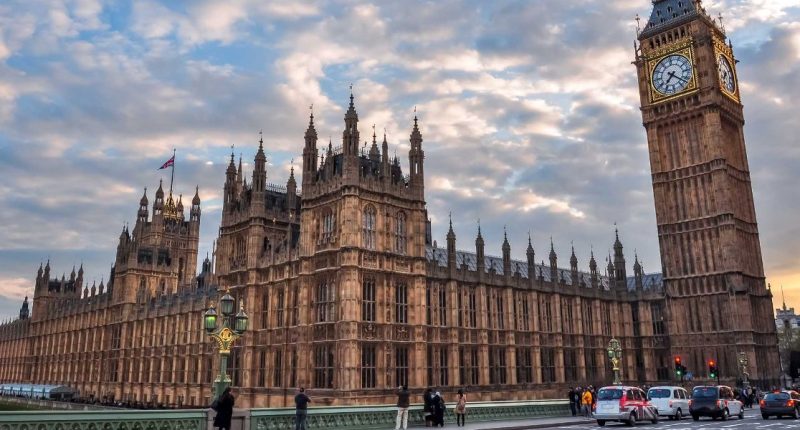A coalition of over 100 health organisations, including the Academy of Medical Royal Colleges, Cancer Research UK, the British Heart Foundation, and the Faculty of Public Health, is urging UK Members of Parliament to stop accepting gifts and hospitality from industries associated with tobacco, alcohol, and unhealthy foods due to the significant health risks these products pose.
These health groups are pressing MPs to reject offers from these industries, arguing that such tactics create conflicts of interest and undermine public health initiatives.
The coalition has also challenged Labour leader Keir Starmer to fulfil his commitment to restoring integrity in public life by banning lobbying from companies associated with unhealthy products.
- Junk food could be fuelling rise in young people being diagnosed with cancer
- Brain changes in women at certain times of the month increase cravings for junk food
- Cardiometabolic risk in children increased by high intake of ultra-processed foods
This call for action follows recent statements from the prime minister, who indicated a willingness to take strong measures to combat the nation’s worsening health crisis, including potentially limiting smoking in public outdoor spaces.
Professor Sir Ian Gilmore, chair of the Alcohol Health Alliance (AHA), highlighted the deadly impact of alcohol, tobacco, and unhealthy food, stating that alcohol alone was responsible for 10,000 deaths in 2022.
He emphasised, “MPs are expected to make decisions based on the best interests of their constituents, but we know that lobbying tactics such as receiving gifts and benefits from these industries can lead to a conflict of interest and impartiality being compromised.”
The AHA, along with the Obesity Health Alliance (OHA) and Action on Smoking and Health (Ash), has released a report exposing the tactics used by these industries to gain political influence and delay health-improving policies.
These tactics include downplaying the health risks of their products, threatening legal action to hinder regulations, and offering gifts to MPs.
- Ultra-processed foods directly linked to 32 different health problems
- Tax on ultra-processed food divides Colombians
- Ultra-processed foods a grey area for consumers
The report warns MPs that accepting such gifts, even those perceived as harmless, can lead to conflicts of interest when voting on legislation that affects these industries.
The coalition also points out a loophole in current regulations that allows MPs to accept gifts valued under £300 without declaration.
The groups behind the report, which also include children’s organisations, are advocating for stricter regulations to protect the integrity of health policy-making in the UK.
The issue has gained further attention following recent disclosures that MPs have accepted hospitality from companies like Greene King and Japanese Tobacco International, which have been linked to subsequent actions or positions that align with these industries’ interests.
As the government considers new public health measures, including a potential outdoor smoking ban, the debate over MPs’ relationships with these industries is likely to intensify.
Health advocates continue to call for greater transparency and accountability to ensure that public health remains a top priority in policy decisions.




